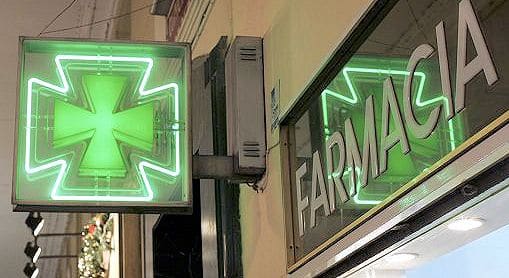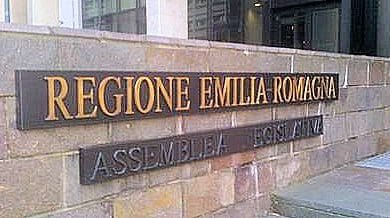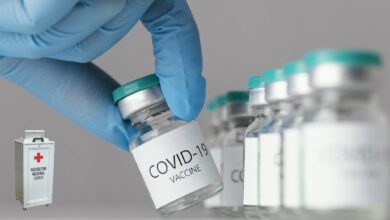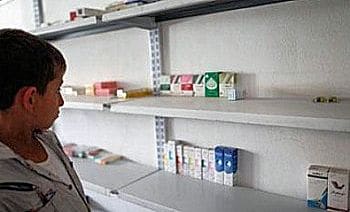
There are companies that require the ISF to visit pharmacies in order to gather information about their drugs and who prescribes them and to collect orders.
Is it a lawful practice?
To answer, we need to refer to the provisions of the law. First of all to Legislative Decree 219/06 and to art. 121, paragraph 1, says that "Advertising to pharmacists of medicines that can be sold on presentation of a medical prescription is limited to the information contained in the summary of the characteristics of the medicine [RCP]. The limitation does not apply to hospital pharmacists”. This statement already seems very clear to us.
Furthermore, the art. 122 requires that "Scientific reps must report to the scientific service referred to in Article 126, on which they depend” and in art. 126 it is specified that “the Scientific Service must be independent of the pharmaceutical company's Marketing Service”.
In the REGULATION GUIDELINES REGULATING SCIENTIFIC INFORMATION ON DRUGS, approved on 20 April 2006 by the Conference of Regions and Autonomous Provinces, in point 6 it says "It is not permitted for operators of the NHS and affiliated pharmacies to provide scientific representatives with information relating to the prescribing habits of doctors or information relating to the procedures for purchasing medicines”. The guidelines have been implemented in all the "Regional Regulations"
The Farmindustria Code of Conduct states that “It is part of the drug sales representative's activity to check and work to ensure the availability of the products both in pharmacies and at any other distribution point” and continues “The scientific representative of the drug must not exercise professions pertaining to the use of the drug, even if unpaid, nor any other continuous activity that involves a subordinate employment relationship”
AIFA also claims (Prot. AG/106373.P) that it emerges the importance of the activity of the ISF which, in order to focus attention on the social function of drugs in the protection of public health, must maintain a high degree of autonomy in carrying out the information service for doctors, with the aim of not be conditioned by purely private commercial interests.
 Finally, the Court of Cassation with sentence 19394/2014 rejecting the appeal of a well-known pharmaceutical company, ruled that the ISF, even if qualified in black and white with an agency contract, should instead be traced back to the canons of subordinate work, the relationship of the person who carries out predominantly the activity of medical-scientific informant rather than that of commercial agent, in essence he cannot sell drugs in pharmacies.
Finally, the Court of Cassation with sentence 19394/2014 rejecting the appeal of a well-known pharmaceutical company, ruled that the ISF, even if qualified in black and white with an agency contract, should instead be traced back to the canons of subordinate work, the relationship of the person who carries out predominantly the activity of medical-scientific informant rather than that of commercial agent, in essence he cannot sell drugs in pharmacies.
So, going back to the initial requirement, i.e. whether ISFs are allowed to collect information about their drugs and their prescribers and collect orders, the answer is absolutely NO.
If an ISF is asked for such illegal behavior, he must obtain a written provision with which he must go to the Carabinieri of the NAS and report the matter in order not to become an accomplice in the offense or, worse, allow the company, if discovered, to place the blame on the FSI by indicating such behavior as an initiative of the FSI itself. A recent law (law 179/2017) introduces protection for employees of private companies who report to the supervisory bodies illicit or corrupt corporate behavior envisaged by the 231 organizational models.
Therefore, in non-hospital pharmacies, the ISF can ensure that the drug from their own company is present and illustrate the Summary of Product Characteristics (SPC), essentially the package leaflet. Nothing else.
Obviously we are talking about drugs prescribed by the doctor.
Editorial board
Related news: LAW 30 November 2017, n. 179





